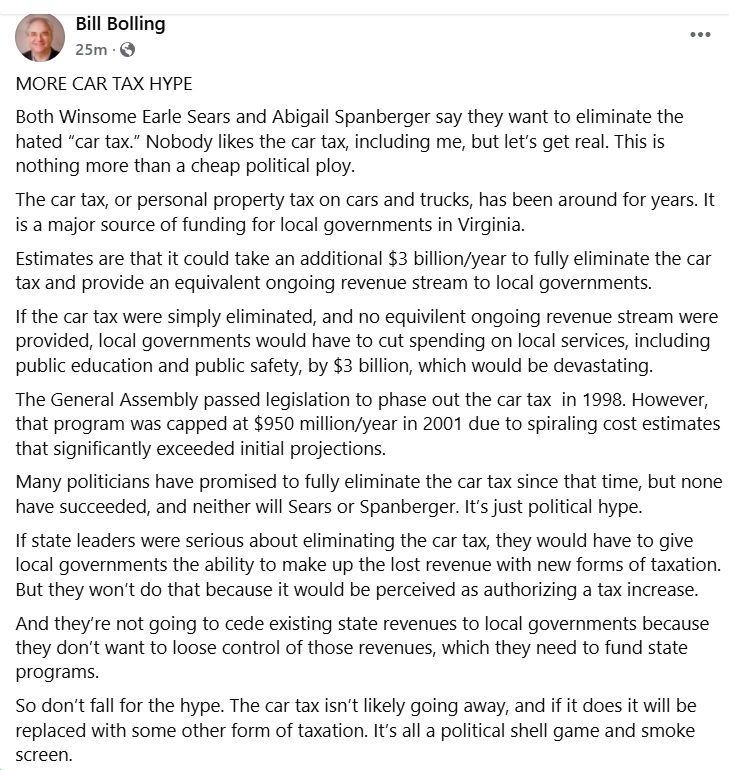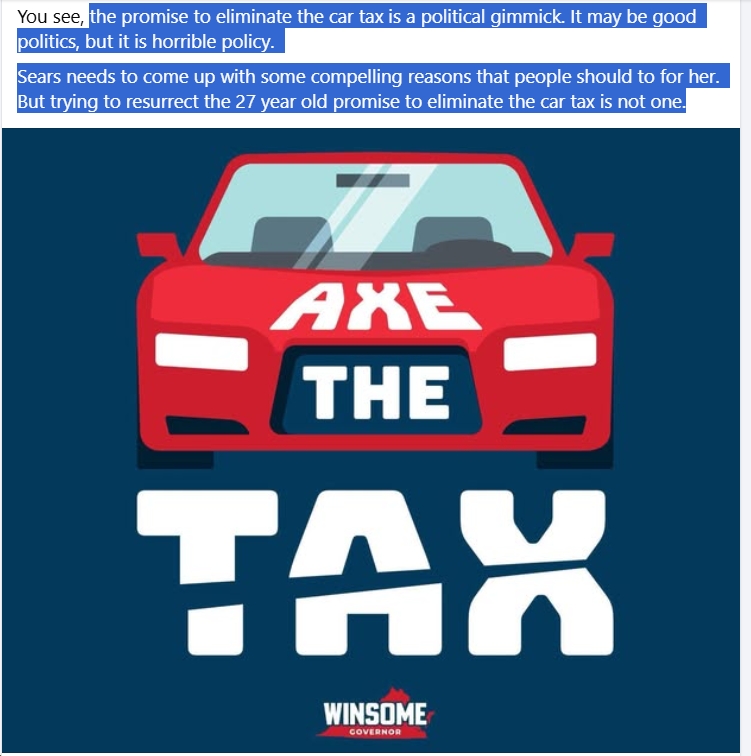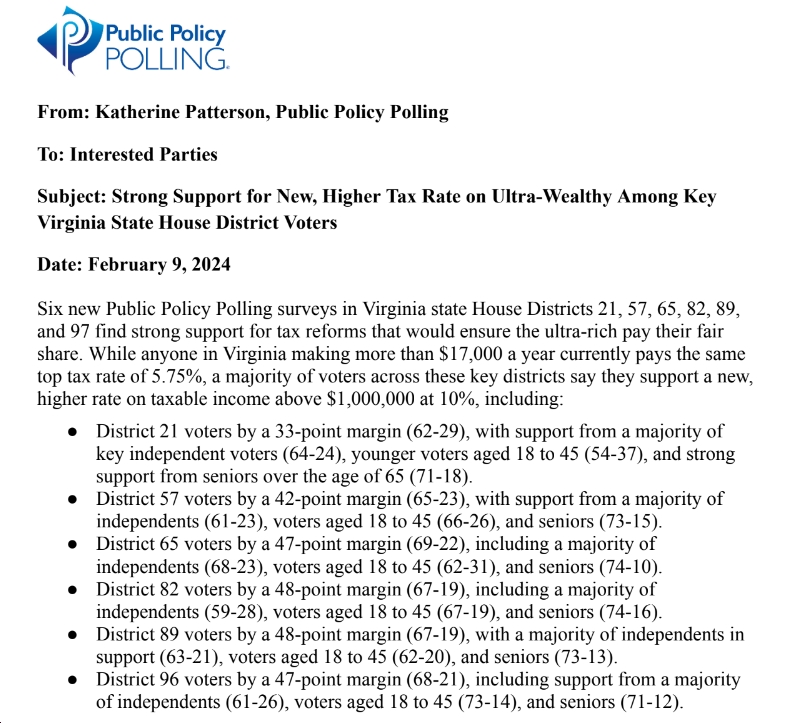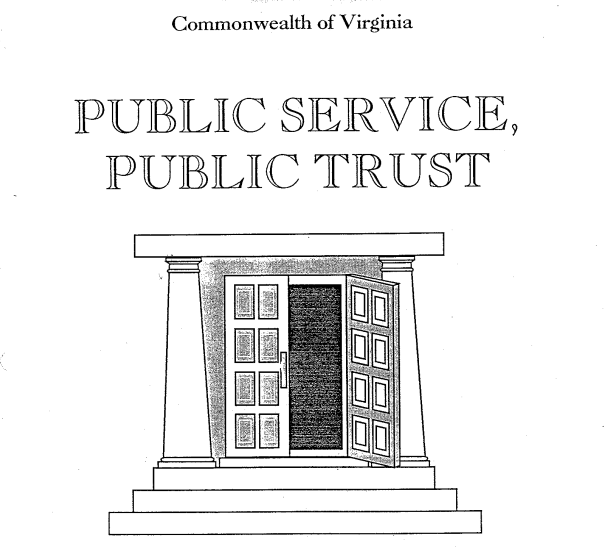Restoring Virginia’s Estate Tax Would Increase Funding for Services and Reduce Inequality
At the federal level, policy discussions increasingly revolve around wealth taxation as a potential funding source for ambitious proposals. And new research from economists Emmanuel Saez and Gabriel Zucman has generated headlines about the intersection of tax policy and rising inequality. Although much of this debate is taking place nationally, state policymakers have a role to play in working toward tax justice and providing sustainable revenue sources for the state budget. For Virginia, that means moving toward more equitable state tax policies that also increase investments in public services — and away from the state’s inadequate upside-down tax system. In the current system, families with low incomes pay a greater share of their income toward state and local taxes, while people in the top 1% of income pay the lowest shareState taxes on inherited wealth are a powerful tool to build shared prosperity in every community. More state resources provide greater support for priorities like K-12 schools, higher education, health care, and other public services. These taxes often take the form of estate taxes modeled on the federal estate tax and include large exemptions so the tax only applies to the wealthiest estates. (An estate is the value of a deceased individual’s cash, securities, real estate, business interests, and other assets, minus the value of mortgages and other debts, estate administration expenses, and property passed to surviving spouses and qualified charities.)Before July 2007, Virginia had its own estate tax. By eliminating the tax, Virginia policymakers have decided to allow substantial amounts of investment income to escape state taxation entirely. That’s because investment income from “capital gains” is only taxed when the gain is “realized” (e.g., selling a stock). However, one big exception applies to inherited assets, where decedents’ gains are “stepped up,” allowing wealthy people to pass on assets to their heirs free of capital gains tax. A state estate tax would counteract this loophole for large estates and would tax assets when they are passed to heirs. State estate taxes are backed by recent research. A National Bureau of Economic Research (NBER) working paper finds that state estate taxes are a net benefit for almost all states that have them. Taxing wealth would also address issues like the racial wealth gap. Recent data show that white households have an average net worth of $127,390, compared to $19,790 for households of color. These differences have arisen within a context of violence, exclusion, and racist policies against Black, Latinx, Native American, and Asian American communities, as well as other communities of color. Barriers related to housing, education, and labor markets persist today and contribute to the racial wealth divide. As recently as 2018, Virginia lawmakers have expressed interest in restoring Virginia’s estate tax. During that year’s General Assembly session, Senate Bill 390 proposed numerous tax policy changes, including reinstatement of Virginia’s estate tax. Meanwhile, House Bill 310 proposed to bring back the state estate tax and use the revenue to increase state health care funding. Both bills would have increased state revenues by about $69 million per year. Because the state estate tax would be based on the federal estate tax, it would only affect the wealthiest estates. Under the 2017 tax law, only estates valued at more than $10 million (plus an inflation adjustment) would be subject to the estate tax. Right now, Virginia’s tax system needs to be updated so that the state has the resources to make the necessary investments in communities throughout the commonwealth. Virginia lawmakers have policy tools available to increase public investments while also addressing our upside-down tax system and reducing wealth inequality. It’s time for Virginia’s General Assembly to bring back the state estate tax. — Chris Wodicka, Policy Analyst Print-friendly Version (pdf) Learn more about The Commonwealth Institute at www.thecommonwealthinstitute.org |
















